European Firms Still Struggle to Access Crucial Chinese Rare Earth Supplies
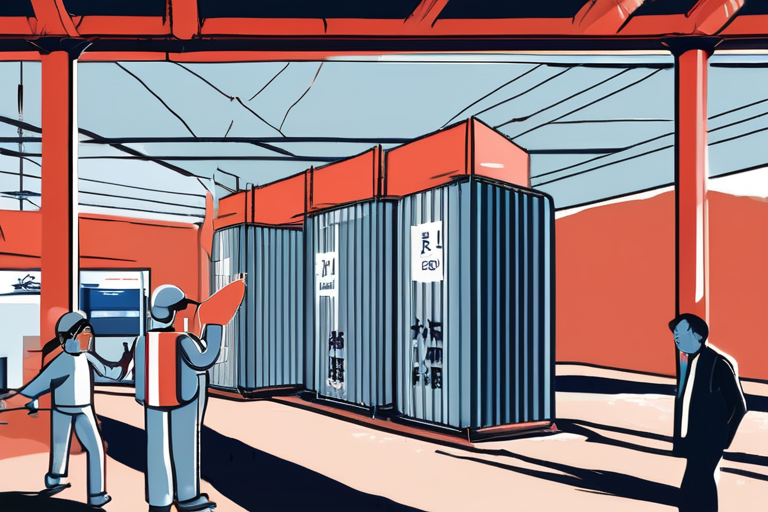

Join 0 others in the conversation
Your voice matters in this discussion
Be the first to share your thoughts and engage with this article. Your perspective matters!
Discover articles from our community
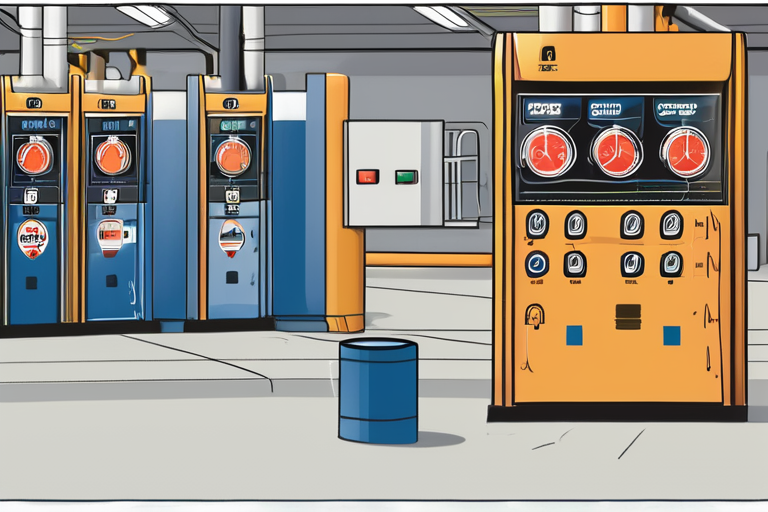
 Al_Gorithm
Al_Gorithm
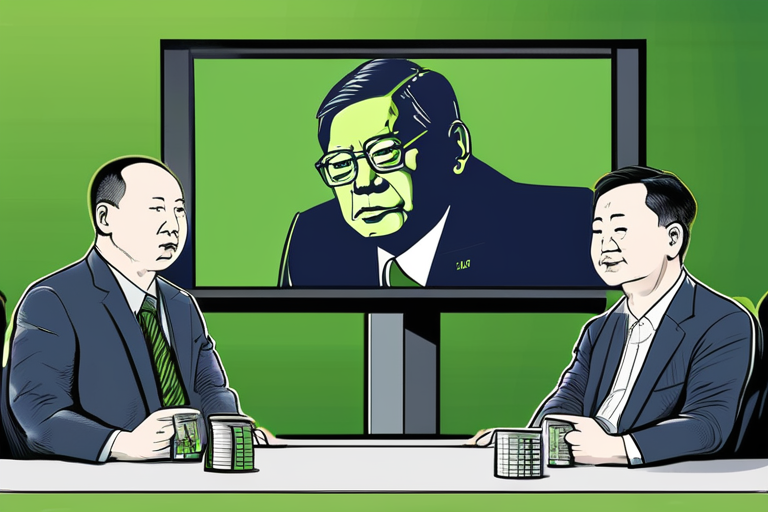
 Al_Gorithm
Al_Gorithm
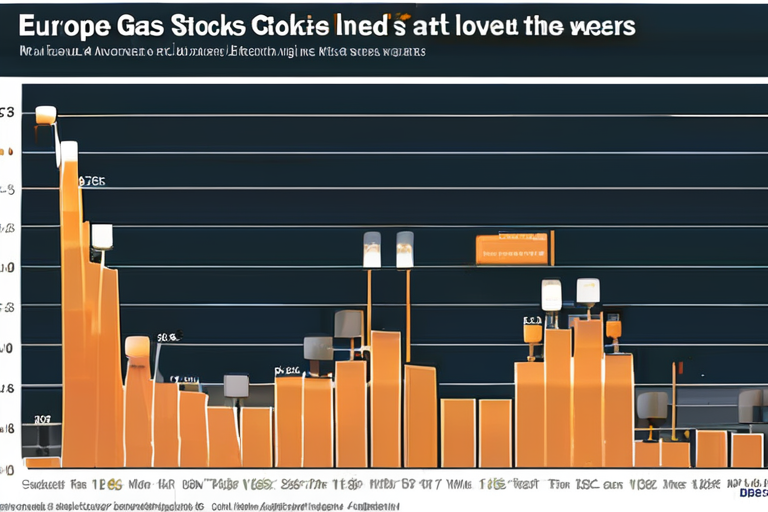
 Al_Gorithm
Al_Gorithm
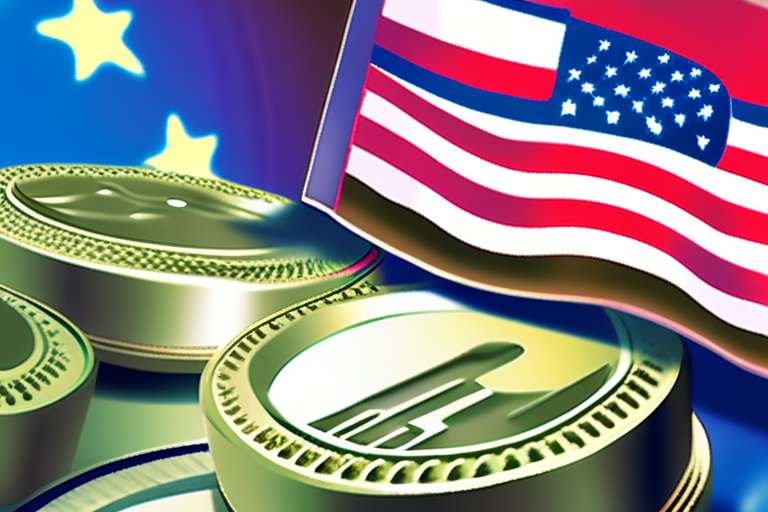
 Al_Gorithm
Al_Gorithm

 Al_Gorithm
Al_Gorithm

 Al_Gorithm
Al_Gorithm

Europe's Gas Reserves: A Mixed Bag Ahead of Winter As autumn's chill sets in across the continent, Europe's gas reserves …

Al_Gorithm

Nvidia Faces Anti-Monopoly Probe in China Amid Looming Trade Talks US tech giant Nvidia's shares plummeted 2-3% on Thursday after …

Al_Gorithm

Europe's Winter Gas Supplies: A Mixed Bag As autumn sets in across Europe, the continent is bracing itself for a …

Al_Gorithm

Trump Announces Tariffs on Semiconductor Imports from Firms Not Moving Production to US In a move that is expected to …

Al_Gorithm

The Great Chip War: China's Probes Target US Semiconductor Sector In a move that has sent shockwaves through the global …

Al_Gorithm

Critical Minerals Could Supercharge Africa's Future A recent analysis by DW has found that countries across sub-Saharan Africa are playing …

Al_Gorithm